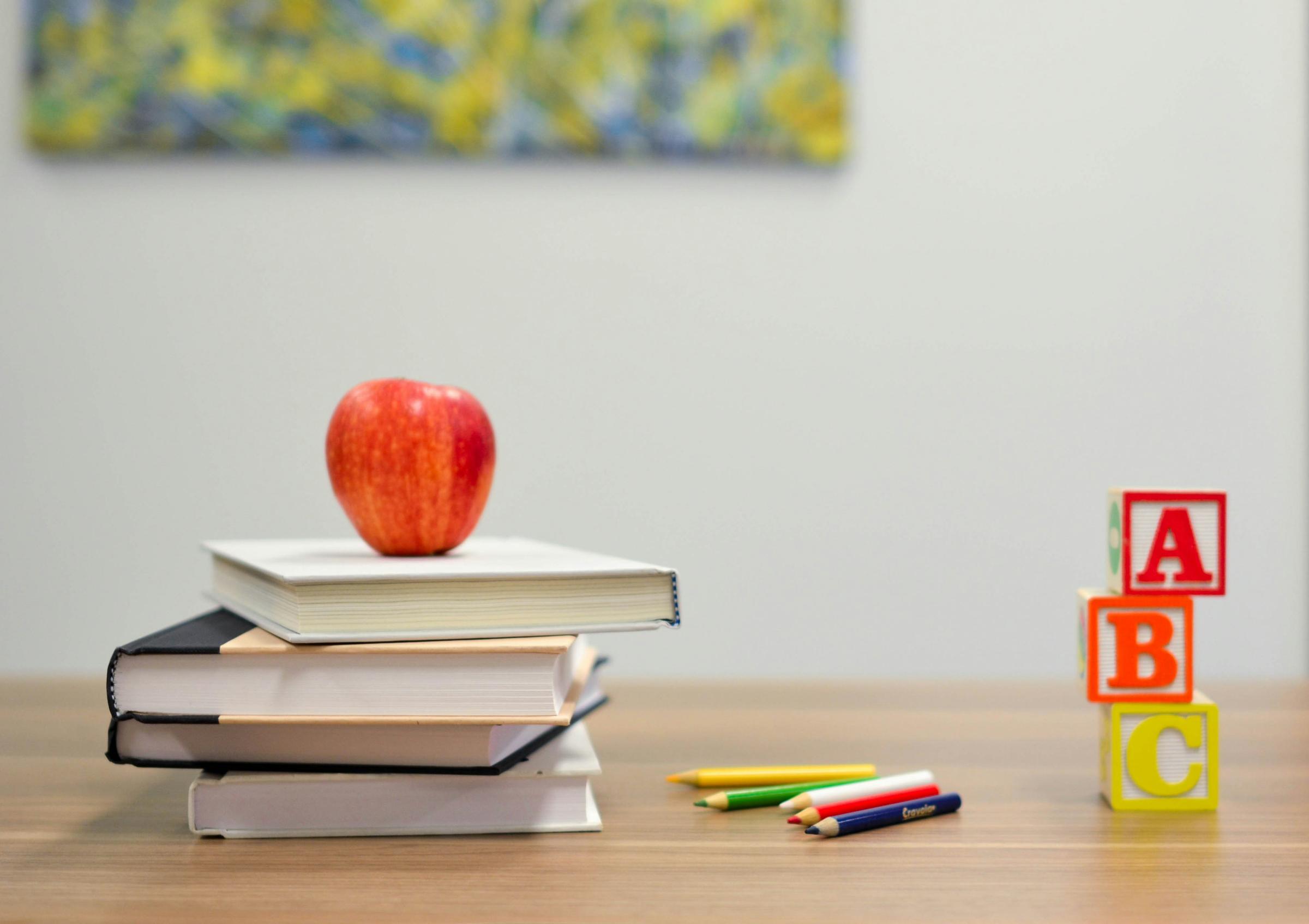Learning and Teaching
Is Your Child Ready for Prep?

Learning and Teaching
Is Your Child Ready for Prep?
Starting school is a big milestone, and as you and your child prepare for this exciting time, it’s important to remember that age isn’t the only factor in determining if they’re ready for Prep. While many children begin at age five, you have the flexibility to decide when your child is truly ready — socially, emotionally, and physically.
The decision to start school should go beyond just their birthday. Readiness is more about their ability to manage the new experiences and challenges that school will bring. Many parents aren’t aware that they can consider their child’s development and comfort with change before deciding if it’s the right time for them to start school. Being prepared for the social and emotional demands of school is often more critical than simply meeting an age requirement.
To help you evaluate your child’s readiness for Prep, here is a list of key skills and signs to look for:
Separation: Can your child separate from you easily, without crying or clinging, when they go to Kinder or visit a grandparent’s house?
Independence: Can they self-initiate tasks? Are they able to choose an activity, stick with it, and not quickly switch from one thing to another?
Morning Routine: Can your child assist in getting themselves ready for the day? Can they dress themselves, get their bag, and understand the routine?
Perseverance: When things don’t go as planned or an activity becomes difficult, can they persist and try again, or do they easily give up?
Emotional Expression: Can your child express their feelings and needs to others, not just to you?
Managing Belongings: Are they able to keep track of their belongings, such as remembering where they put their jacket or lunchbox, and avoid leaving items behind?
Self-help Skills: Can they dress themselves, use the toilet independently, put on shoes, and manage their lunchbox?
Attention and Focus: Are they able to sit and focus on a task for a sustained period of time?
Following Instructions: Can they follow two- or three-step instructions without needing reminders? For example, “Get a book, bring a snack, and sit on the couch so we can read together.”
Responsibility: Can your child tidy up after playing or working in an area, understanding that at school, they’ll need to take responsibility for the space they’ve used?
By considering these skills and behaviors, you can better assess whether your child is truly ready for the transition to Prep. Remember, every child develops at their own pace, and making sure they’re prepared emotionally and socially will help set them up for success in their educational journey.
Laura Leung
Learning and Teaching